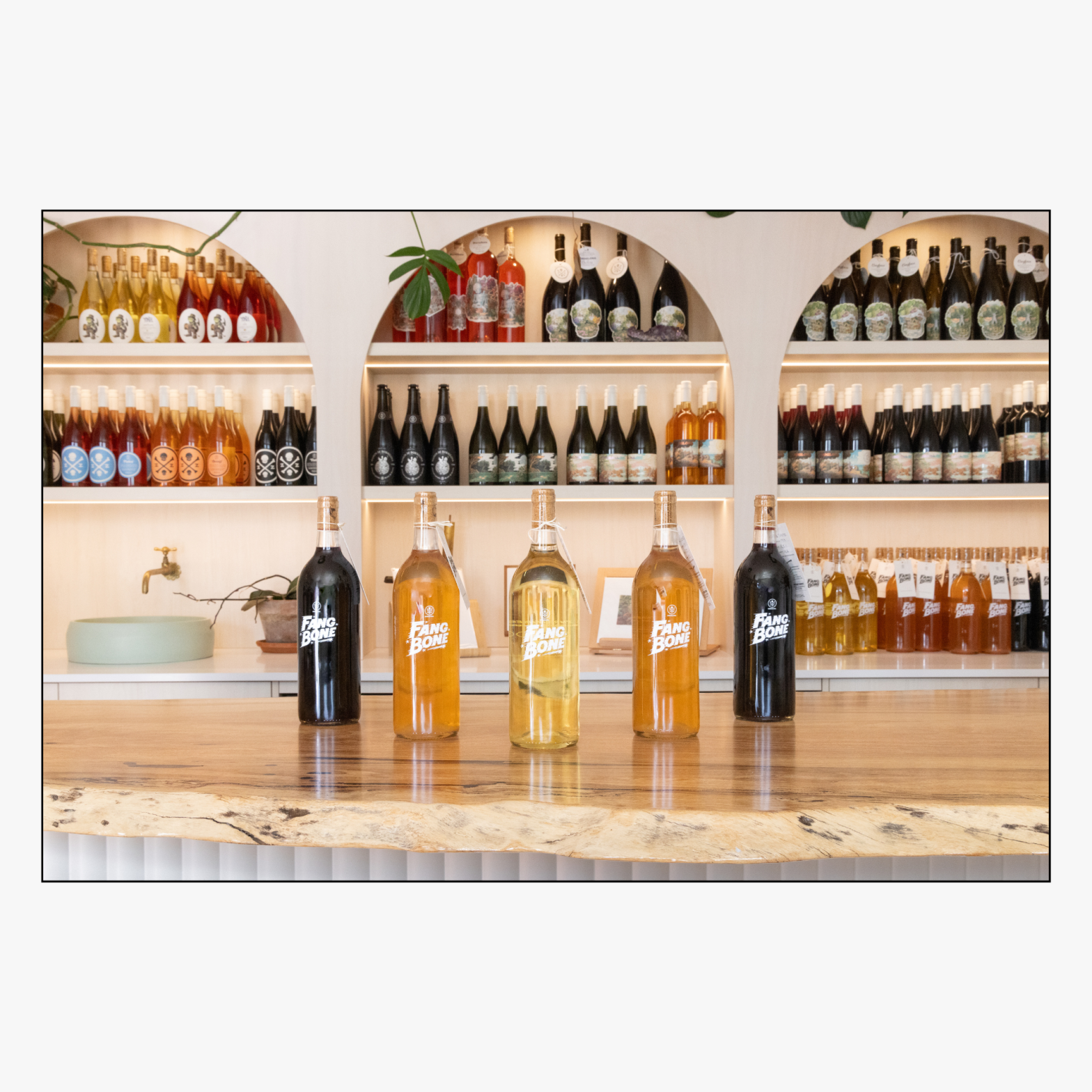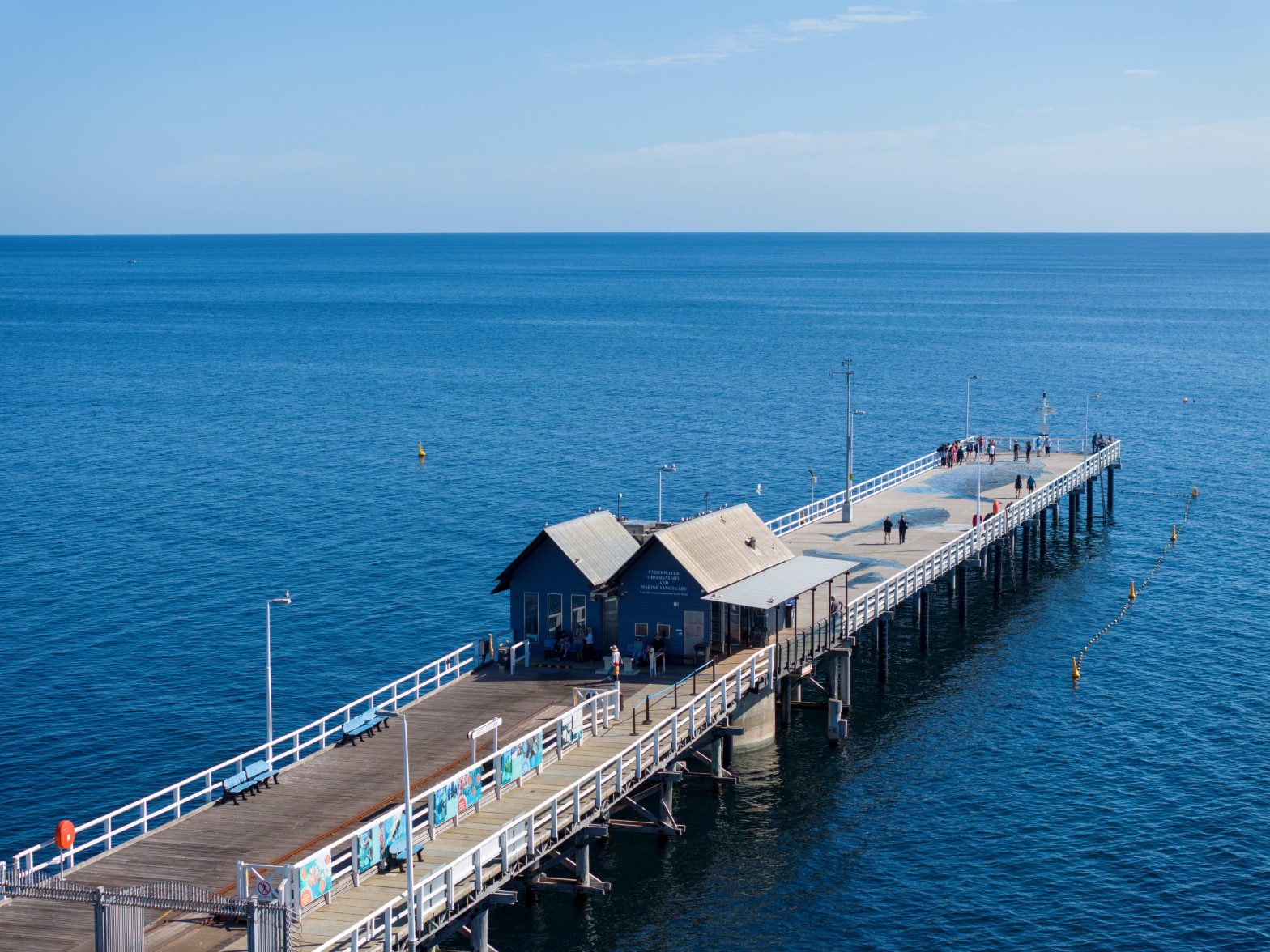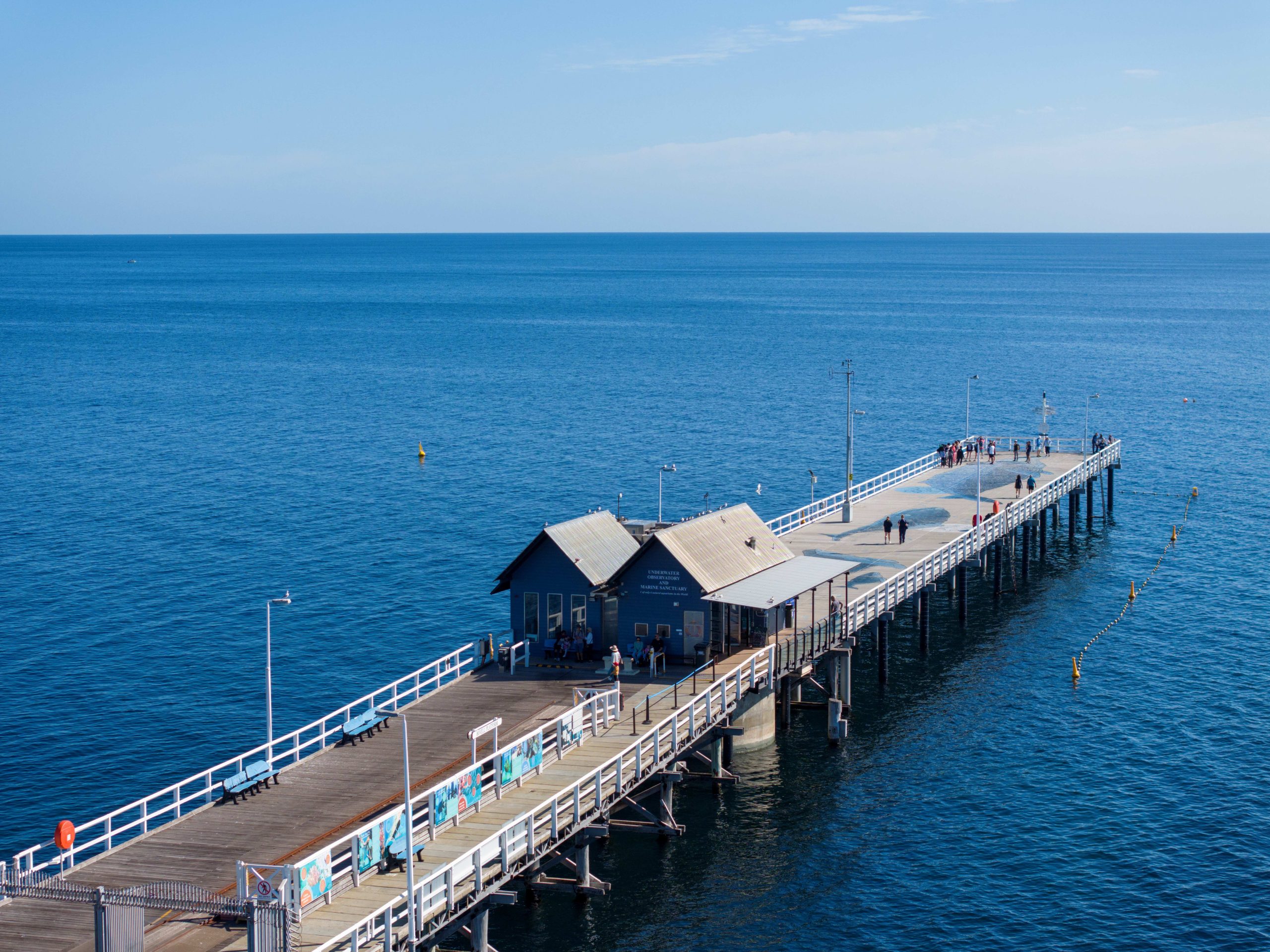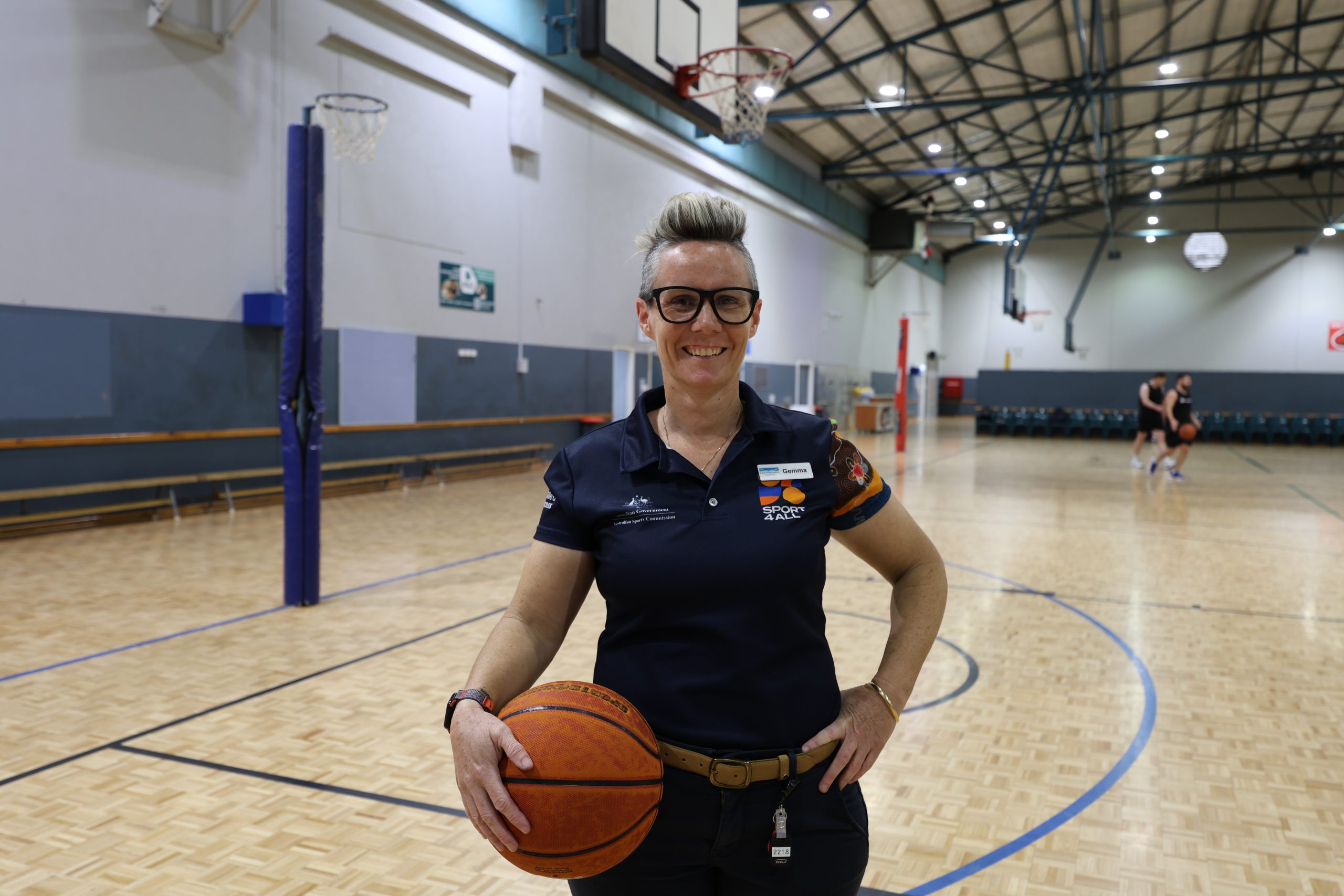Winemaker aiming to shift bottle habit

Josephine Perry's new renewable wine label Fangbone has landed, aiming to reduce waste in the wine industry while providing consumers with high-quality, affordable wines Image Supplied
The Australian wine industry produces a staggering 150 kilotons of glass waste each year, with around half going to landfills.
This sobering reality is a growing issue that significantly impacts the environment.
Local winemaker Josephine Perry of Dormilona Wines is moving to instigate change with her new label, Fangbone, a renewable wine aimed at “saving the world one bottle at a time.”
This innovative solution aims to reduce waste in the wine industry while providing consumers with high-quality, affordable wines, and it could just revolutionise how we enjoy our favourite vintages!
“Our planet is suffering, and the amount of waste the wine industry generates is astounding,” Perry said.
“There’s no need for all this packaging, and many people are not reusing it, so it’s just single-use.”
Fangbone’s concept is refreshingly simple – significantly reducing packaging waste and the emissions associated with transportation and recycling processes.
Consumers buy a reusable, recycled 1L glass bottle of wine and, once empty, return it to the place of purchase to exchange it for a full one.
Local bottle shops and establishments order wines directly from the winery in handmade wooden crates.
Once the crates are full of empties, they are returned to the winery for cleaning and refilling, and the cycle starts again.
The environmental impact extends beyond glass production.
“People forget that while they are recycling, the waste still needs to be transported to recycling and waste management facilities and processed, so emissions are constantly being created and rising,” Perry said.
Glass ranks among the top industries in waste management.
Producing bottles is costly and requires significant fossil fuels for manufacturing, transport, and recycling.
In Australia, many waste facilities export glass for recycling to cut costs due to high volumes, resulting in increased emissions from overseas transport.
While cardboard is easier to recycle and, therefore, lower on the waste hierarchy, it still contributes to rising emissions.
Perry’s commitment to sustainability goes beyond waste reduction.
“Using less packaging reduces production costs, allowing for affordable wine that meets market demand,” she said.
“We can bottle wines to match changing seasons, menus, and markets, ensuring establishments always have on-point wines for their customers, and consumers can enjoy great wine at a reasonable price while supporting the environment.”
Perry hopes to see venues use the new model for every house-poured wine, and for change to be made at home.
“People always have their reusable shopping bags, as plastic bags are gone. So, I’d love this to be the same for wine!”
Jo’s vision for Fangbone is a collaborative spirit within the industry.
“In the future, I’m hoping to bring other wine brands on board, like a co-op, so that they can join the sustainable movement in a collective effort.
“This isn’t about me or my business. This is about something so much more significant to our planet.
“It’s not changing how we drink wine.
“You’re still pouring premium wines from a bottle with a cork; it’s just about shifting our mindsets and habits.”
Fangbone officially launches on October 17 at Dormilona HQ, located at 1 Boodjidup Rd, Margaret River.
The open house will showcase the new Fangbone range and give the community a taste of the eco-friendly future.


















